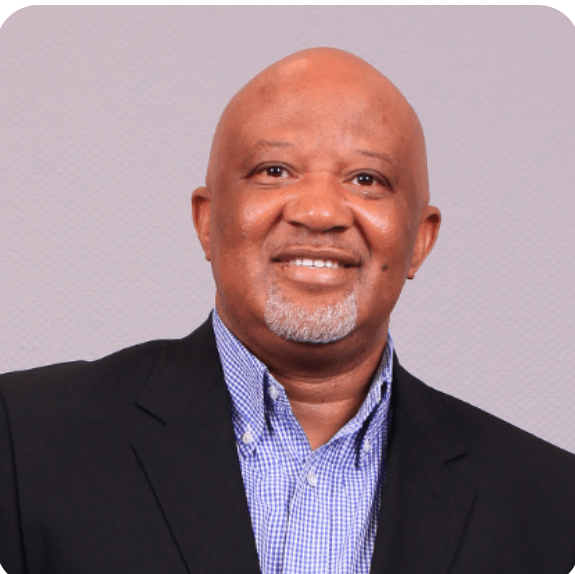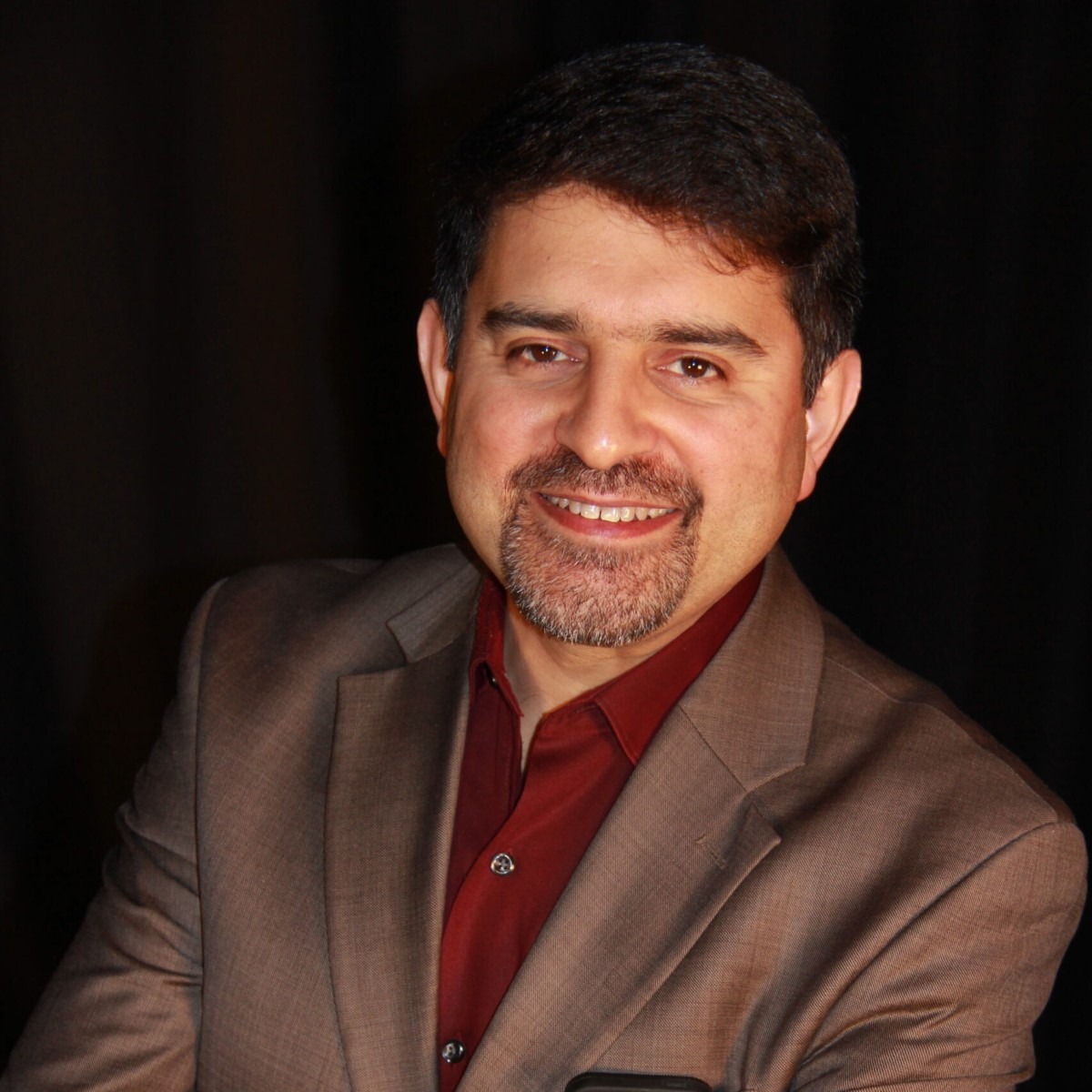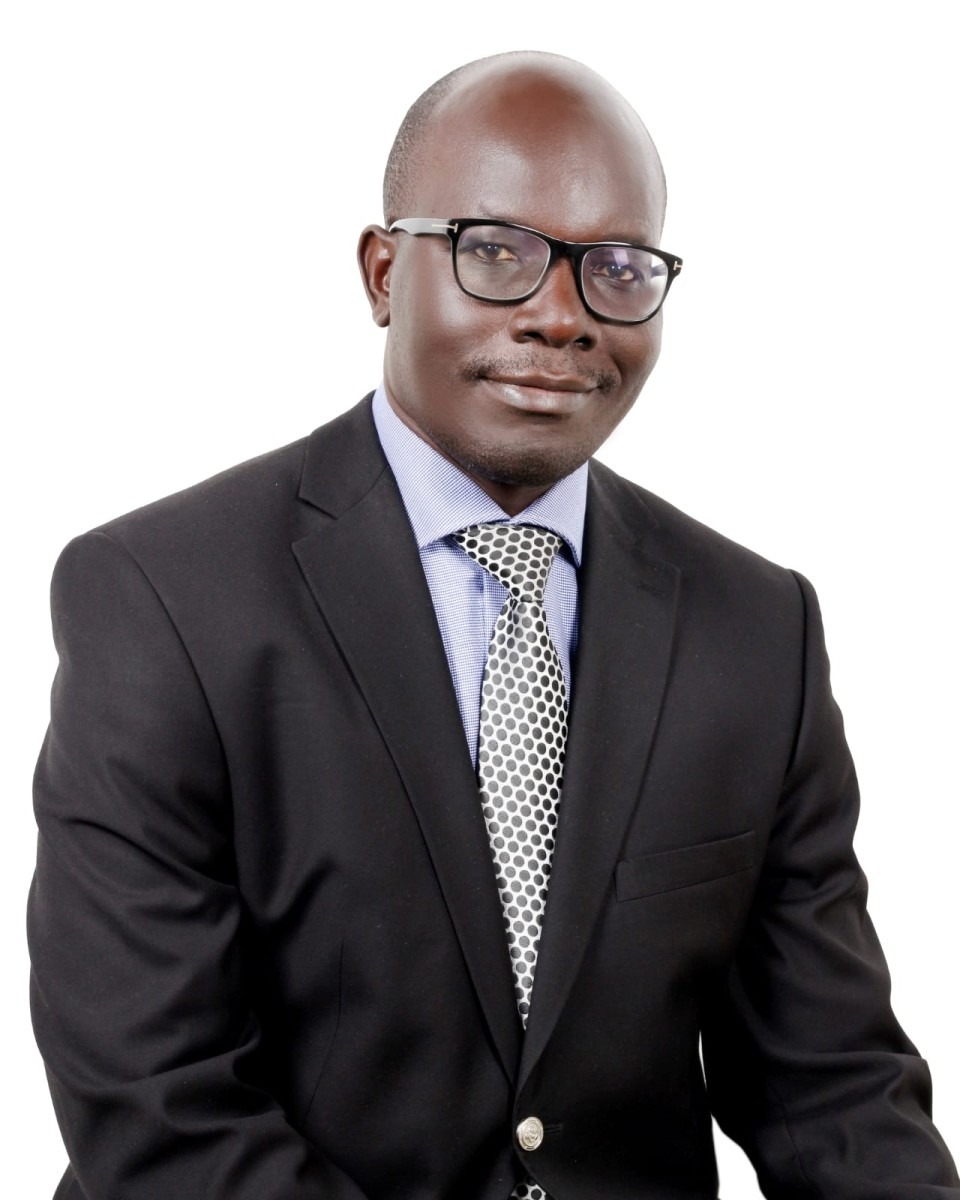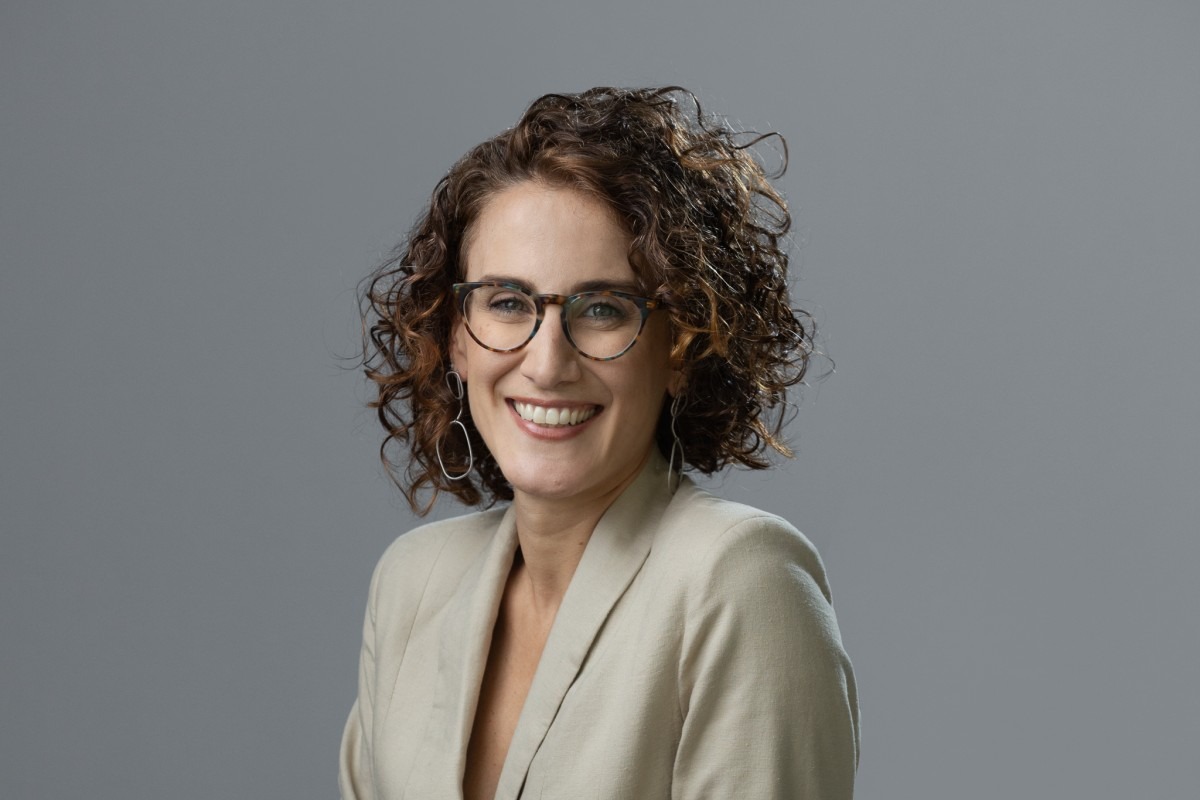Media Strategist, Former War Correspondent | USA
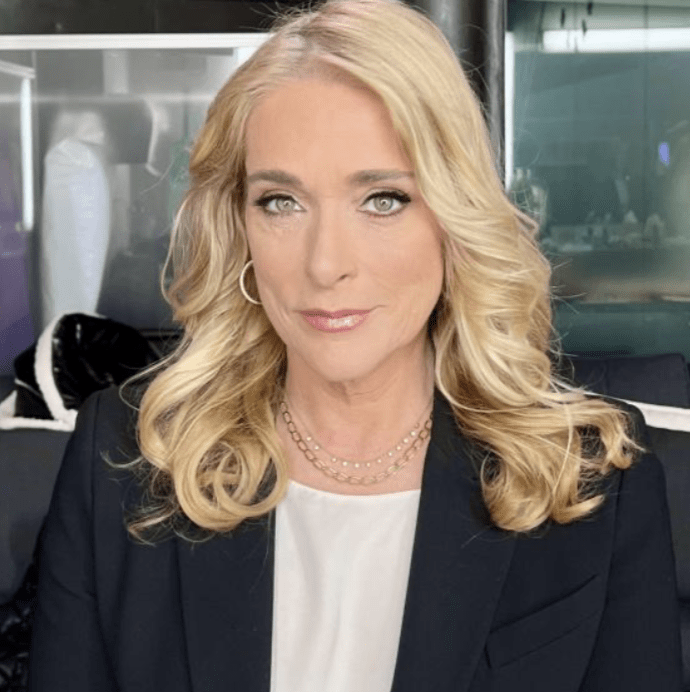 Courtney Kealy
Courtney Kealy
Media Strategist, Former War Correspondent | USA
Short Bio:
Courtney Kealy is a master storyteller, on-air television anchor and correspondent. She has more than 25 years experience reporting on and from the Middle East. Ms. Kealy covered globally impactful events ranging from major conflicts to cultural revolutions and experienced correspondent with time spent covering some of the most turbulent years in U.S. history, including racial justice protests, impeachment proceedings, and domestic policy creation. She has delivered breaking and live news across the world and now based in Washington, D.C. and New York City after bases in Beirut, Jerusalem, Baghdad, and Istanbul.
Event: SDGs Conference 2024 | Date: Sept 25, 2024 |
SPEECH
When people talk about what is coming, we should also acknowledge that, as journalists, we are often the ones who say it is here whether it is a war, conflict, crisis, or disinformation. “Authentic” is a term that has been overused, and I was excited to hear that “integrity” was part of this panel. It is a great word, and I have been thinking about it over the past few days. I did my due diligence, as I am supposed to do, and Googled it. My top search results said it means having moral principles and, quote, “being honest when no one’s watching.” But to be honest, the results came from an AI overview, not directly from a dictionary. So, when I went to look for the source, it turned out to be Artificial Intelligence (AI), but I trusted my sources. It helped me find the right words, and AI can be a good tool. Being honest when no one is looking is the foundation of journalism. It is one of the basic tenets of considering the source. My source is AI, full disclosure, which is also part of journalism; but being honest when no one is watching relates to ethics. Doubling down on ethics is important, whether it is about day-to-day practices or just being a good human being. Despite the machinery and the noise, do not Photoshop a digital photo. Do not write an incorrect headline. Do not fabricate a quote, person, or story. Get your facts straight and be honest. It takes a lot of work with an invested team, all maintaining their integrity, to put out the news.
But since the words “fake news” and “crooked media” have been circulated by U.S. politicians and their followers by the tens, if not hundreds, of millions for nearly a decade, do we have to quantify what is real news? Somebody recently posted a comment on a link that I shared on my LinkedIn. They said, “Thank you for your factual analysis.” I thought that part was baked in; I did not realize that facts and factual analysis are now quantifications for people to point out and thank me after 25 years. It is possible to create photos of people along with biographies that do not exist in real life. Russia did this during the invasion, creating pictures and profiles of people that did not exist.
As the invasion of Ukraine started, misinformation campaigns came out in full force. This is sometimes where I see them the most—on steroids. I thoroughly debunked and exposed false claims when I worked as a fact-checker and was part of misinformation correction at a place called Lead Stories, which I highly recommend. It was about operational U.S. bioweapons labs in Ukraine. I worked to stop it from going viral, digging deep into how the U.S. had been working with Ukraine on bioweapons labs since the nineties. When I was done, I received a direct message on what was then my Twitter account, ending with, “But idiots like yourself just go all the time. You are a partial-birth experiment that went wrong.” I went about my day.
My reporting, along with others, during the years of the Israeli conflict, when I was based in Beirut and Jerusalem, was done forensically. Foreign correspondents shared eyewitness reporting from places like Gaza. The rule was: If you have not seen the dead body, you cannot report it. We used to go to the morgue to check ages, entry, and exit rooms, and then call the IDF for comment. After the Hamas massacre, the President of the United States claimed he saw the dead body of a decapitated baby. That did not exist.
It was a fabricated image. I am not saying the massacre did not happen; I am not taking sides. But he did not see that dead body, and he reported it. That information cannot be put back. The audio of a video of a top U.S. correspondent, literally on the ground sheltering from incoming projectiles, was altered less than hours after her first report. Audio was inserted, making it sound like she was talking to her control room and saying, “Okay, look, I hit the ground. Let’s stage this.” It made her look like she was taking a side in the Israeli Palestinian conflict. That clip went viral and got a lot more views than her cable station.
The hatred of reporters is still fueled by fake clips in some online groups. It is now possible to create a video of any world leader speaking in any language, saying almost anything, and it all looks and sounds realistic. Right now, there are videos circulating of U.S. Presidential candidate and current Vice-President Kamala Harris saying things she never said. The only way to change this is to rely on national and international fact-checkers who are trained to find the actual real video and post a debunk. That is an investigative skill set you could be trained in. I have been, but it takes hours to unravel it, and certainly not from Elon Musk and his apparent gleeful endorsements of conspiracy theories on Twitter, what was once known as Twitter, now called X. They do not have robust labels and often lack information that points out the truth. They often cut teams when they need to trim budgets, resulting in millions of posts not being taken down.
Right now, it is a David-and-Goliath battle between news teams, in-house fact-checking teams, misinformation experts, geolocators, reverse imaging, and expert sources, versus conspiracy theorists who make millions. For instance, Alex Jones, the right-wing radio host and conspiracy theorist, long denied that the Sandy Hook school shooting in Newtown, Connecticut, actually happened. He claimed the victims were child actors staging the event. The shooting occurred in 2012 and was one of the most heartbreaking stories I covered after returning to the U.S. from the Middle East to work as a national correspondent. Just yesterday, nearly 13 years after that devastating school shooting, a U.S. bankruptcy judge ruled that Alex Jones’ media platform and its assets would be sold piece by piece at auction to help pay for the $1 million in damages he owes the relatives of the victims. However, families will likely not see that money for various reasons, such as Jones’s declaration of bankruptcy.
Meanwhile, he vows to continue his talk shows and social media accounts. He even suggested that his Infowars assets could be bought by his supporters, allowing him to continue hosting his show as an employee. Deceit, trickery, and greed have been the main ingredients for success, leading people to buy into what he has to say.
Ultimately, his Infowars platform may live on with him still at the helm, wielding his microphone. Last week, a national political scandal erupted, or maybe it continues, regarding the North Carolina Republican nominee for governor, Mark Robinson. He made disturbing comments on pornography websites’ message boards over a decade ago, unearthed by an incredible team at CNN who specialize in this kind of research. One of his posts said, “I am a black Nazi.” He also claimed to support slavery, among other lewd comments too numerous to mention. Although he says he has since lost followers and campaign staff, he continues to deny making those posts, which CNN has documented factually and clearly.
The Republican Party in North Carolina issued a statement saying, “The left can continue to try to smear Robinson all they want and demonize him via personal attacks,” which is not the case. It is a factual report that he denies, and people choose to side with him.
These are not smear campaigns or personal attacks, people want to believe what they want to believe when they want to believe it. Amid the doom, gloom, and fears for the future, we must double down on fostering integrity and impeccable news delivery. Whether it is making the second, third, or even fourth call to confirm details and facts, or supporting journalists who do the same, we must continue our work. Brave journalists around the world are doing this in environments where the most important thing is the people they cover, the humanitarian crises, the people caught in conflict, and the loss of their homes. I reiterate my commitment, and I am thankful for organizations like the Journalists and Writers Foundation, which help us maintain our integrity and stay honest, even when nobody’s watching

